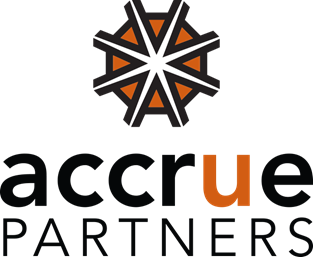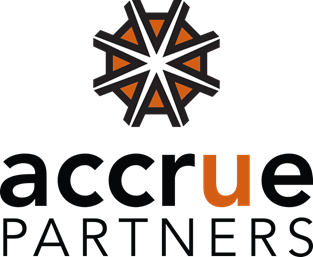
Since the artificial intelligence (AI) tool ChatGPT launched in November 2022, traditional communication methods have seen a significant shake-up. Users can access ChatGPT to write everything from essays and short stories to stand-up comedy jokes and rhyming poems.
While the tool’s not perfect, it’s brought up questions about the originality of the work. That includes resumes and cover letters.
According to a February 2023 survey by Resume Builder, 7 in 10 job seekers who used ChatGPT to write application materials reported a higher company response rate. More than three-quarters (78%) got an interview using application materials written by ChatGPT
Does using AI to complete resume and cover letter work make sense? Consider the pros and cons of using AI to write a resume and/or cover letter.
Pro: AI Draws from Experience
There’s a reason why
ChatGPT set a record for the fastest-growing consumer application user base, achieving 100 million monthly active users in January 2023. The tool is highly sophisticated, using natural language processing and drawing from endless internet data and sources to create a robust knowledge base.
As an AI tool, its effectiveness becomes stronger the more data it accumulates and the search queries it processes. Type in “write a marketing manager resume” into the tool, and you’ll get a complete resume in less than 1 minute.
There’s no way to access that much data-driven content so quickly as an individual. Even if you don’t use the final product from AI to send in, it’s a great way to gain inspiration, which brings us to the next pro.
Pro: Get a Starting Point
If you feel overwhelmed or need help with where to begin with a resume or cover letter, you can use AI as a jumping-off point. AI can be extremely helpful for people who are:
- Brand-new to the professional world, such as college graduates or intern applicants
- People who are jumping back into the candidate pool after a long time away
- Job seekers who are switching careers or industries
For example, a request for “software engineer cover letter” in ChatGPT will result in a full written cover letter that can be used as a template you can personalize. The result includes an introduction, how to list technical and soft skills, and how to conclude a cover letter with a desire to work for a company.
AI tools like Rezi are explicitly designed with job applications in mind to help with resume and cover letter creation. With Rezi, users input specific fields from their resumes, and the tool quickly generates a cover letter using that content.
If you’ve ever felt the pain of formatting issues when putting together your resume or cover letter, AI can save you time, at least in the initial stages.
Con: Recruiters May Be Able to Notice the AI
While AI can save precious time and energy when you’re building documents like a resume and cover letter, recruiters are also becoming savvier when detecting AI help. If you don’t distinguish your materials from original content, you could be eliminated from positions you’re otherwise qualified for. Imagine seeing the same type of cover letter come in or plagiarized resumes arrive simultaneously.
One way to avoid this is by running your resume and cover letter content through a plagiarism checker, such as Copyscape before you send it through. Copyscape uses technology to check copies against existing web-published documents to detect plagiarism.
Like AI tools to write resumes and cover letters, plagiarism tools aren’t perfect. But using a copy-checker provides an excellent way to notice any duplicate copy before you send content.
Con: AI Isn’t Perfect
Even ChatGPT lays out its limitations. For example, the ChatGPT website states, “ChatGPT sometimes writes plausible-sounding but incorrect or nonsensical answers.” Keep that in mind when you use AI for resume and cover letter writing.
Other limitations include the model often being “excessively verbose” and overusing specific phrases. When you have limited real estate on resume and cover letter documents, you want to create clear and concise copy that gets to the point – especially if your desired position involves copywriting, editing and content marketing.
Also, it’s important to reinforce that AI isn’t human – it’s technology. For materials like a cover letter, where an employer may want to see personality or warmth shine through, you won’t achieve the same results from an AI-generated product as you would with a human touch.
Bottom Line: Always Customize What You Send
AI can be a great starting-off point to help you create a resume or cover letter. At the very least, it can inspire you to view these materials in a new way, drawing from abundant data that’s been provided by other users who have been in a similar position as you’re in.
While you can use AI materials as inspiration, it’s a good idea to:
- Check AI-generated materials for spelling and grammar errors and inaccuracies
- Edit and customize a resume and cover letter, so they’re from your own point-of-view
- Run an AI-generated resume and cover letter through a plagiarism checker before you send them, even after you’ve edited them
Are you looking for a job? AccruePartners can help. Connect with our recruiting experts to find relevant opportunities.





